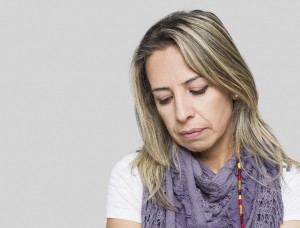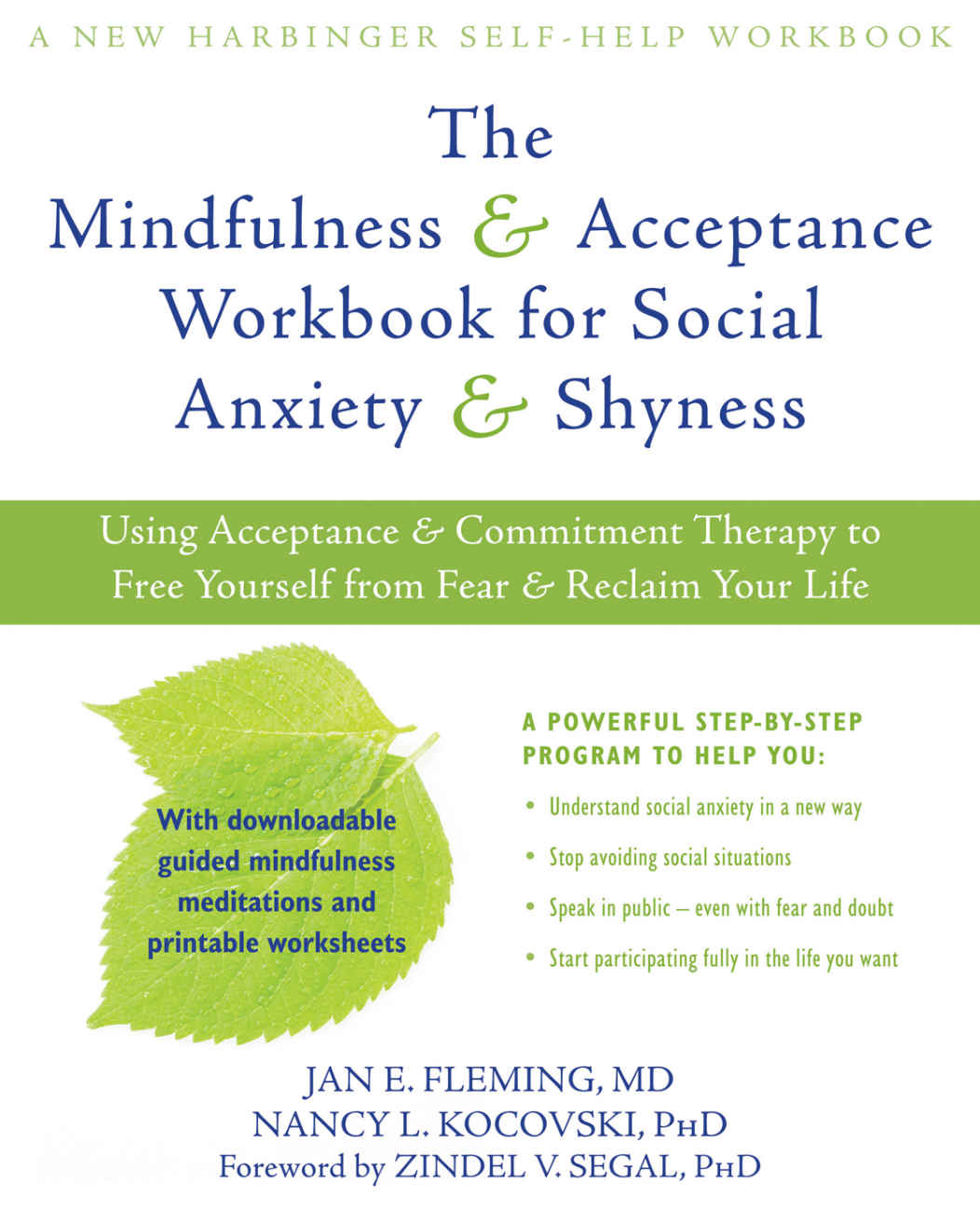Most people feel self-conscious, nervous, or shy in front of other people from time to time. In social phobia however, the fear is intense and pervasive. Most often the person feels shy, self-consciousness, and embarrassed in almost all situations to the point that socialising and everyday social interactions are avoided.
Common signs of social phobia
- Worrying about what others think of you
- Fearing that you will do or say something that is embarrassing
- Avoiding parties (or using alcohol or drugs to feel less nervous in these situations)
- Avoiding being the focus of attention (e.g., answering questions at work or in class, contributing to conversations, etc)
- Avoiding group situations such as chatting at lunch with co-workers or classmates, avoiding the gym, etc.
- Public-speaking anxiety
- Avoiding new and unfamiliar people
- Feeling unable to make eye contact with people
- Low self-esteem and lack of confidence
- Feeling self-conscious about eating in front of others
- Being overly sensitive to criticism
- Believing that you are inferior or different
Social situations are perceived as threatening and can trigger a physical response such as: blushing, racing heart, sweating, stomach upset, nausea, trembling, and/or dizziness.
Social phobia can have a significant impact on people’s lives because so much of what we do (e.g., school, work, family, relationships) involves meeting and interacting with people. For example, the fear of being judged by others can prevent people from contributing at work and at school. It can also cause people to withdraw socially so that they end up feeling alone and isolated. Social phobia can make dating and relationships feel very threatening. It can also lead to depression due to missed opportunities or the feeling that you aren’t getting the most out of life.
Avoiding social situations only maintains the problem since you can miss out on the opportunity to test out and practise your social skills on a regular basis.
Treatment for social phobia
Carefully controlled research studies have shown that Cognitive Behaviour Therapy (CBT) is the most effective form of psychotherapy for social phobia. CBT focuses on the role of our cognitions (i.e., thoughts, beliefs and interpretations) and behaviour in determining our feelings and our general wellbeing. Typical CBT techniques for social phobia include:
- Education about social phobia (information about the causes, factors that are maintaining the anxiety, and what treatment will involve)
- Identifying and changing unhelpful negative thinking patterns about ourselves and others that are causing us to feel anxious in social situations
- Identifying and changing unhelpful behaviours (e.g., avoiding social situations)
- Increasing everyday coping skills (e.g., problem-solving skills, social skills, communicating assertively)
- Planning for the future and preventing relapse
If you would like to find out more about our treatment for Social Anxiety or Social Phobia, or to book an appointment with one of our clinical psychologists who provides treatment for this condition, please make an enquiry or call the clinic on 02 9438 2511.


